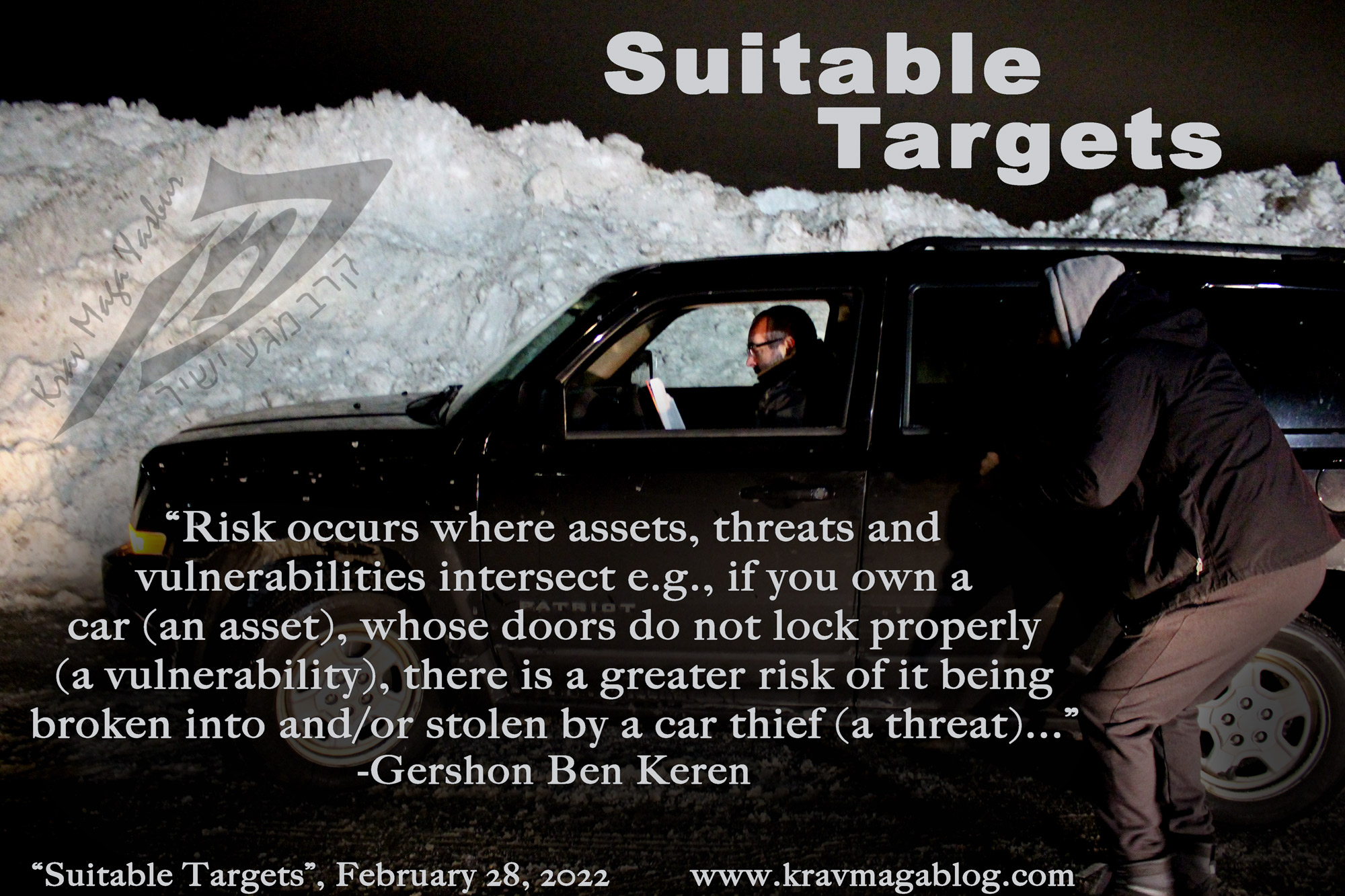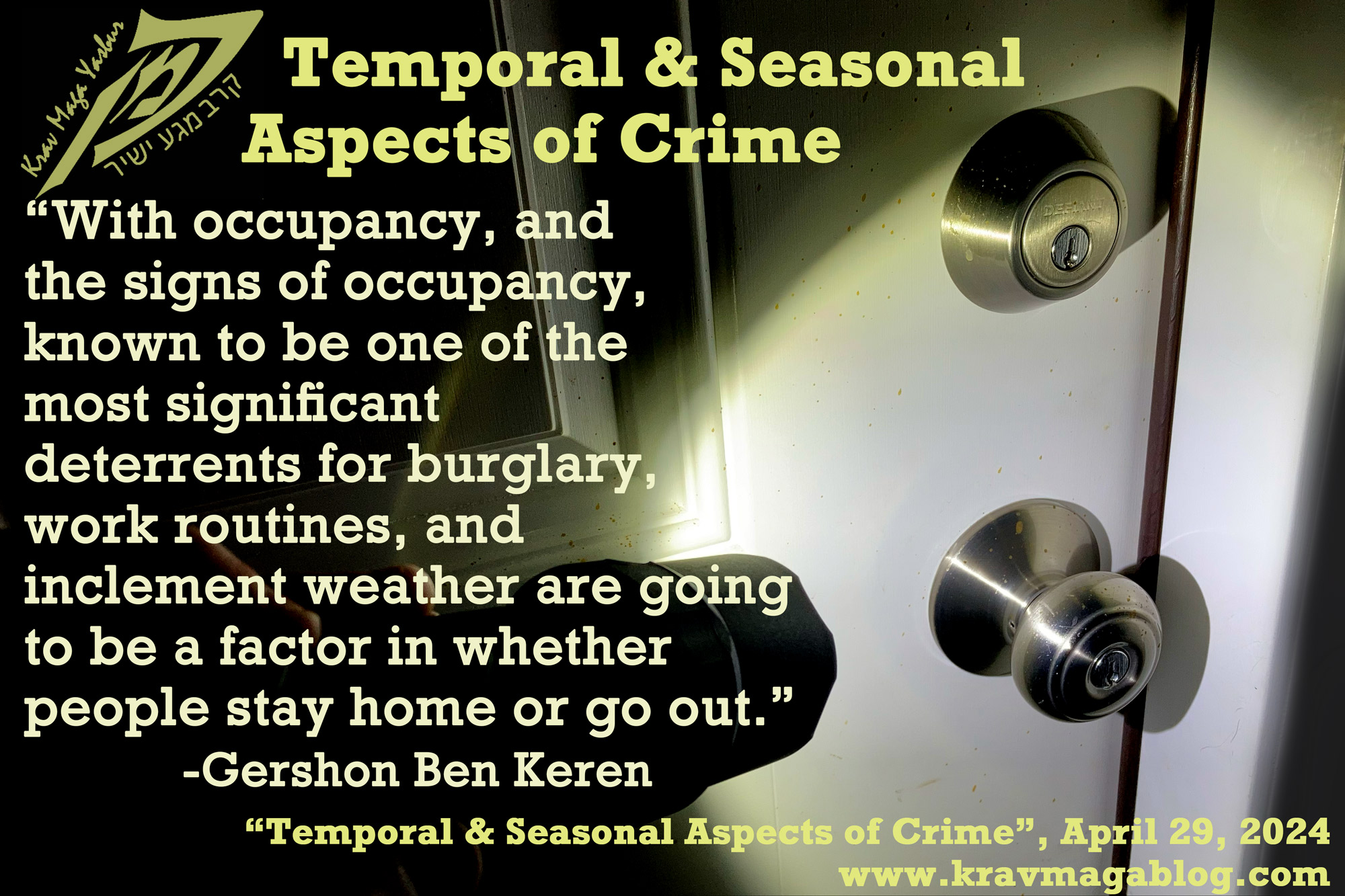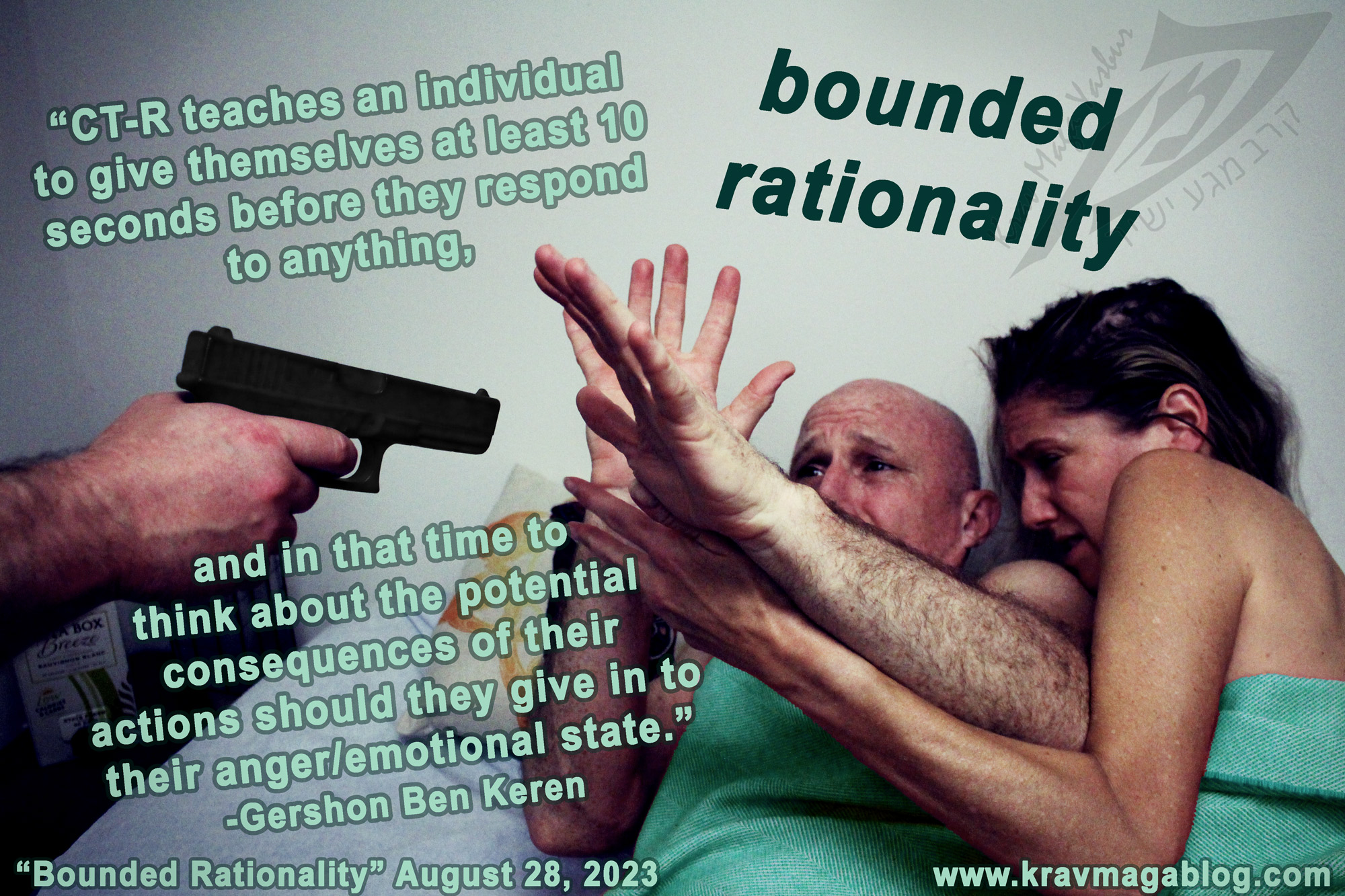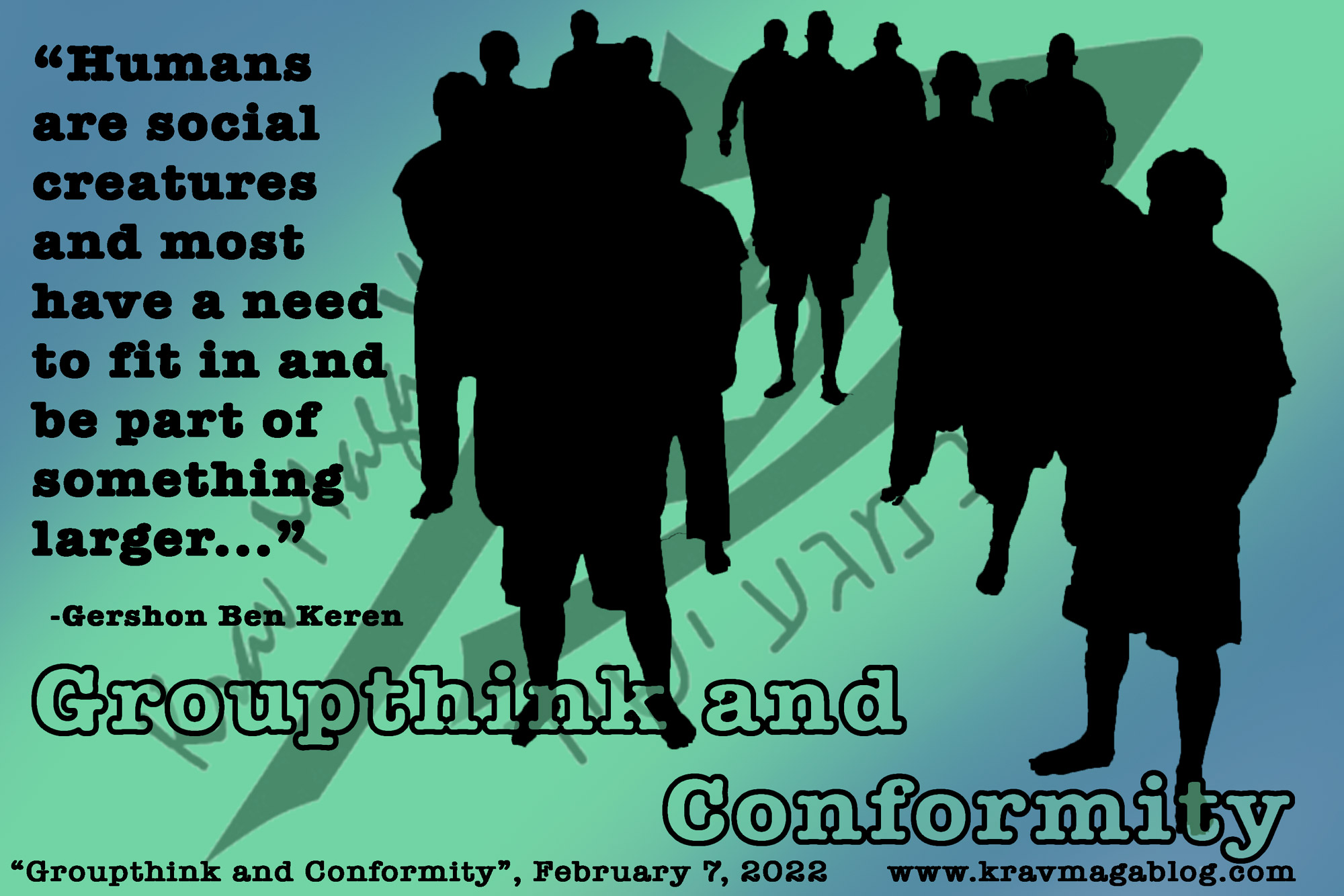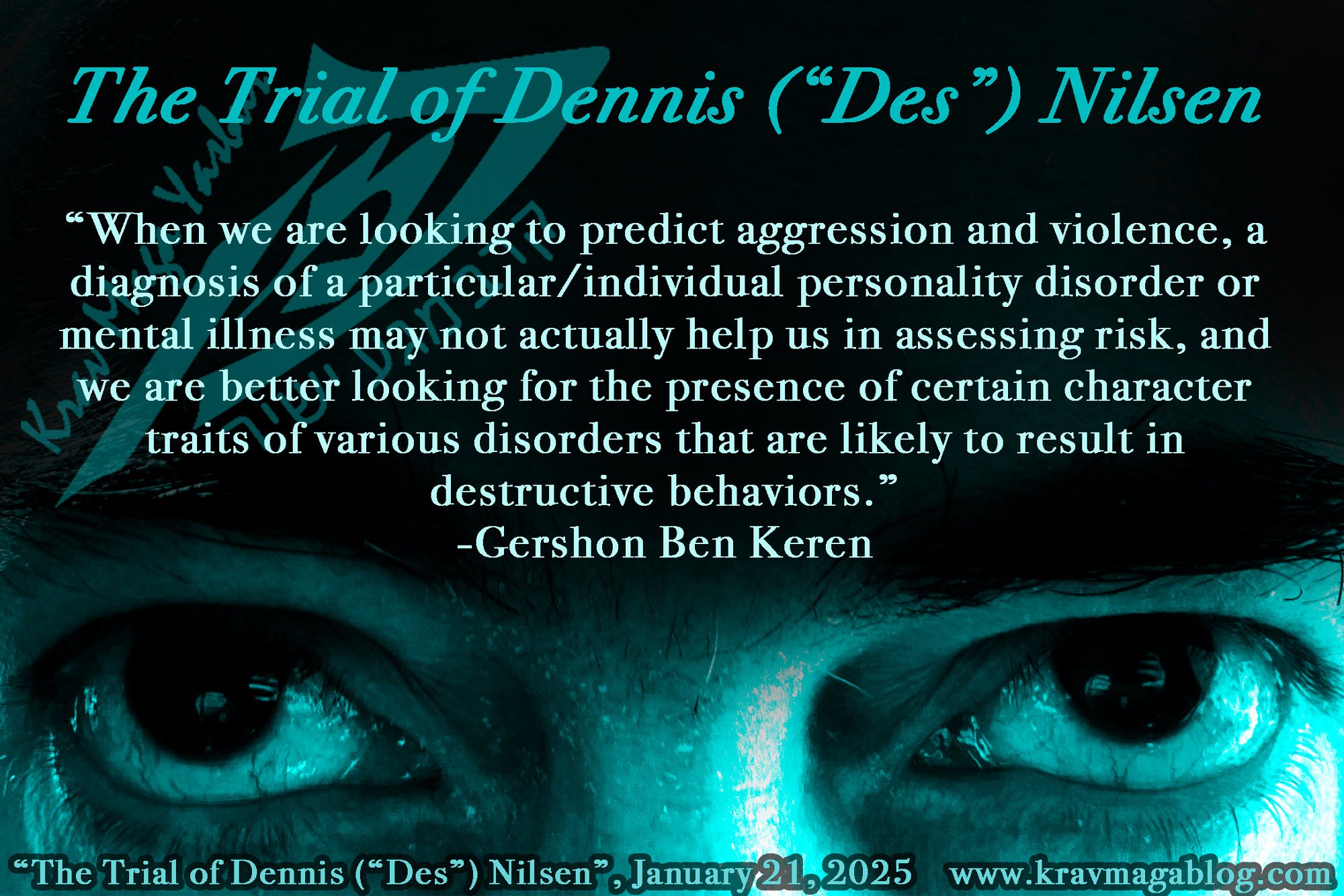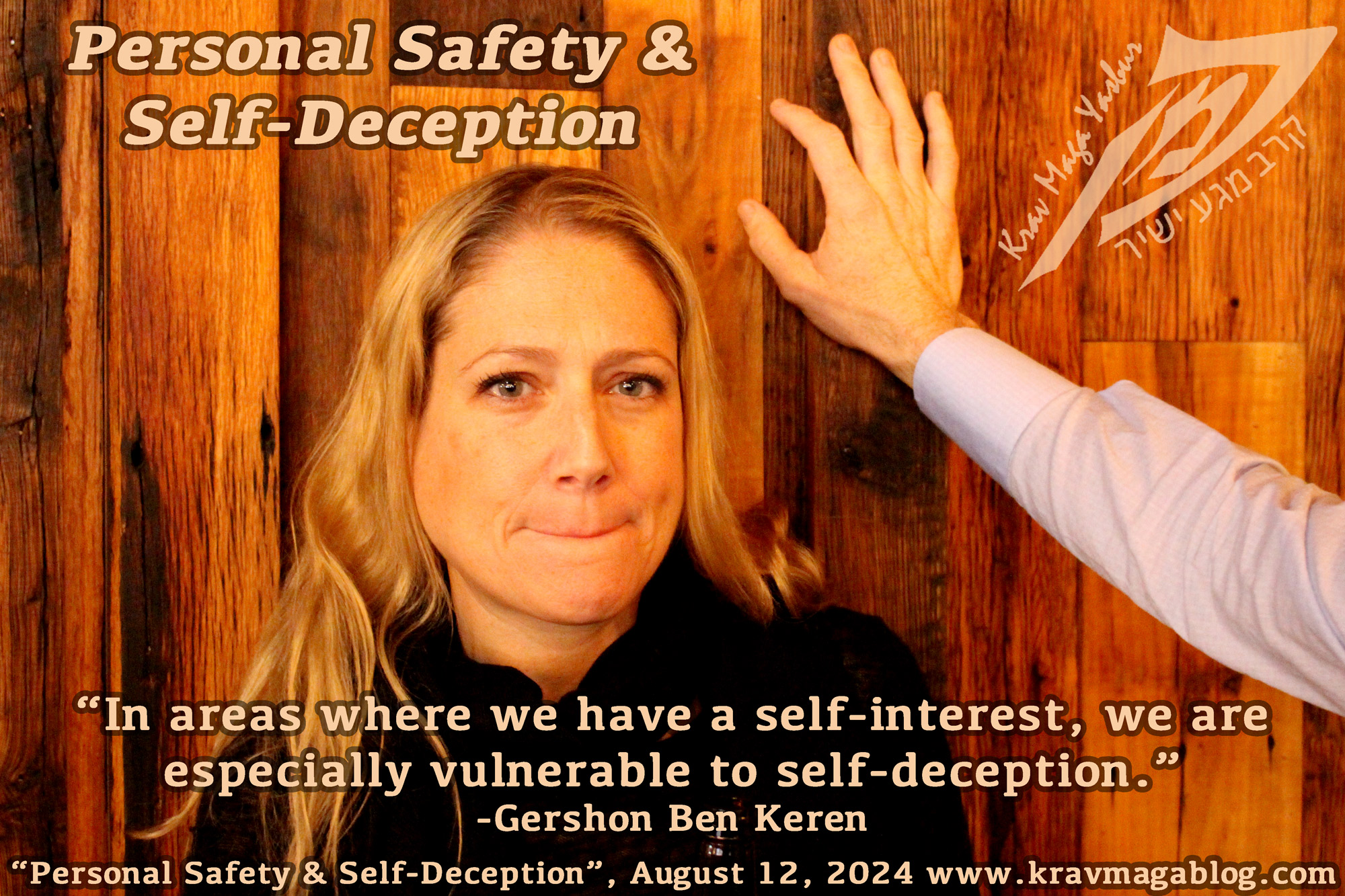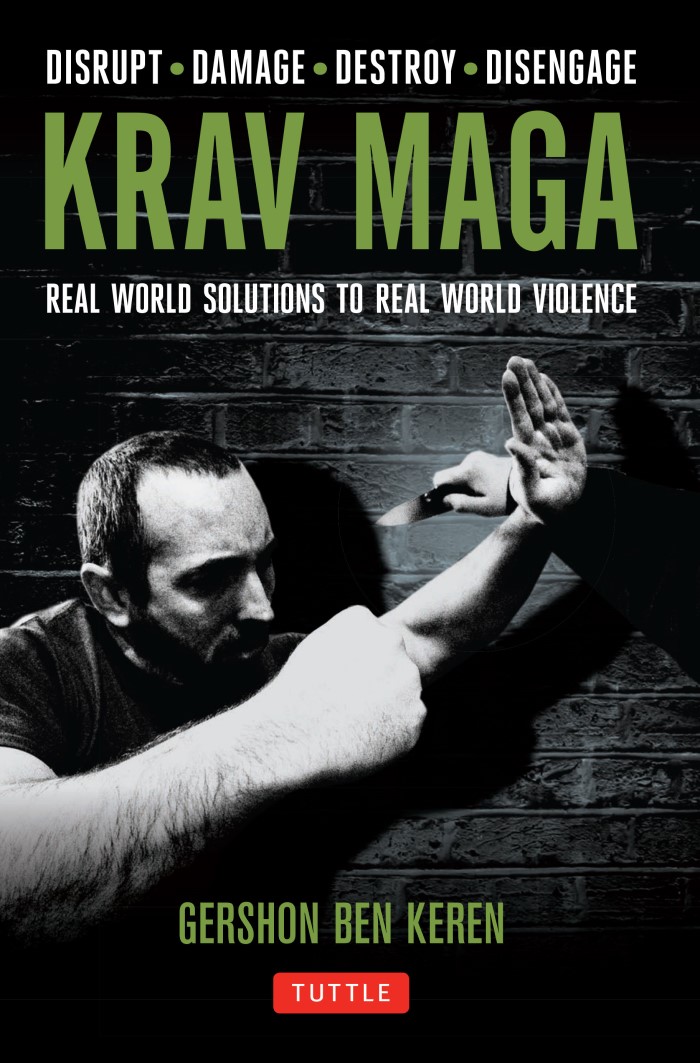Serial Killers - the South African Experience, is an article written by Gershon Ben Keren, a 5th Degree Black Belt in Krav Maga, who teaches Krav Maga in Boston, MA. He has also authored three Amazon best-Selling Books on Krav Maga.
It is easy to forget how relatively “new” certain criminal phenomenon are, or at the very least our awareness and understanding of them. We may look back to the case of Jack the Ripper, a serial sexual homicidal killer, who committed his offenses in the Whitechapel area of London in the 1860’s and believe that nearly 200 years later we should have a complete knowledge and understanding as to how and why such crimes are committed etc. However, the fact that offending, and especially serious offending is – despite what the media may tell us – a relatively rare events, especially compared to more normal and regular events such as people engaging in shopping and leisure activities etc., leaves us with only a very small sample size of incidents to investigate. Serial killing is a remarkably rare event even when it appears extremely pertinent and common in the areas and communities where a killer may be active etc. Trying to come up with a single motivation, manner of operation, and behavioral pattern based on such a small number of offenders is extremely difficult. When we take into account the operational and logistical issues that arise out of crime linkage, which potentially involve separate agencies and jurisdictions working together we can also see that there is little systemic reason(s) for agencies to want to link offenses, especially when they occur in different geographical domains etc. However, when we look at serial killing – the killing of three or more persons separated my time – social geography appears important. Without a doubt the US is the home to the greatest number of identifiable serial killers, with most operating between 1970 and the year 2000. However, if you want to look for the country with the next highest number of serial killers by population density, South Africa is either the second or third (depending on the data that you use).
One of the things that is important to note is that South Africa is the only country on the continent of Africa that has identified and recognized having serial killers. This doesn’t mean that other African countries haven’t had such killers but rather that they have lacked the means and desire to identify them etc. Linking what may at first appear separate killings to one offender can be difficult, and it is often easier for law enforcement to treat each killing as separate etc. As soon as the idea of a serail killer is promoted by the media, or a potential folk devil is created, such agencies come under pressure to solve the crime(s), before the next offense is committed. Politicians want to convince their constituents that they are safe and whilst a serial killer remains at large this can be difficult to do. This creates a natural reluctance in law enforcement to acknowledge that a series of extreme crimes are down to one person, even when whatever little evidence they may have suggests that this is the case. The fact that the South African authorities have not shied away from linking killings to a particular/singular offender is a testament to those working in law enforcement and demonstrates a level of honesty and transparency that many people don’t expect from law enforcement.
Often, when people think about an offender who commits such extreme acts of violence e.g., multiple killings, they want to characterize them as evil. Evil is a convenient and lazy term that allows us to suspend our investigation(s) as to why such incidents occur; we can simply explain them as “evil” and go about our lives etc. However, if we are going to look beyond such simplistic explanations i.e., some people are good some people are evil etc., we must dispense with and get rid of the emotive terms we use to describe violence and violent offending. In this case we must look at why serial killing was primarily a US offense committed within a pretty defined thirty-year period and why this was then exported/transposed to South Africa some ten years later- or if this is what in fact what happened. When comparing both countries, it may appear that serial killing is a phenomenon that is more socially influenced and motivated rather than biologically/psychologically; there may be those in all communities/locales who are ready to engage in such offenses, but certain social conditions need to be met in order for this to happen. Whilst it may be neat and tidy to say that such incidents are the problems of certain countries and their inhabitants, it is more profitable to look at some of the social conditions which have led to and allowed such serial killers to exist and operate.
I don’t believe in coincidences and whilst the US is far and away a leader with regards to serial killers, the fact that South Africa, although a long way behind, is in second place means that such offending cannot be geographically and biologically restricted. There must be something(s) that both countries have experienced/shared that means they have created the social conditions that have allowed/encouraged serial killings/killers to occur. This doesn’t take away individual responsibility or mean that a country is responsible for such killings, however if we can understand what creates the climate for individuals to engage in such crimes, we have a better opportunity to stop and prevent them from happening. In next week’s article I will look at some of the factors that resulted in US and South African seral killers committing their offenses.
0 COMMENTS